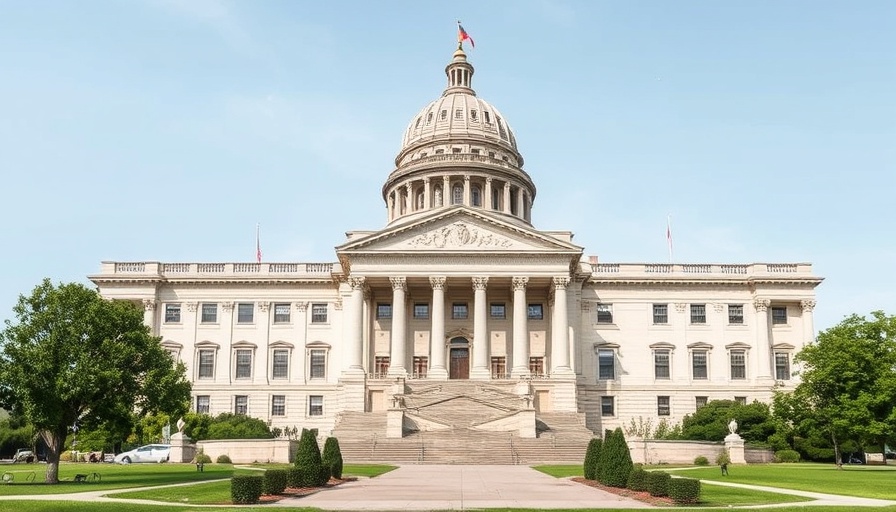
Understanding the Proposed EV Fee
As electric vehicles (EVs) become increasingly popular, discussions around funding infrastructure projects are heating up. Recently, Congress proposed an annual fee on EVs intended to generate revenue for highway repair and maintenance projects across the nation. The rationale behind this fee centers on the notion that as these vehicles become a more significant part of the overall vehicle fleet, corresponding taxation on fuel consumption—which traditionally funded road maintenance—has decreased. By implementing an annual fee on EVs, lawmakers aim to bridge this funding gap and ensure the longevity of America’s highways.
The Impact on EV Owners
This proposed fee has possible implications for current and prospective EV owners. For many, the attraction of EVs lies not only in their environmental benefits but also in their lower operating costs. An annual fee could offset some of these savings, potentially discouraging new buyers. Proponents of the fee argue that it’s essential for sustaining the road infrastructure, which is critical for all vehicle users, including those driving electric models. However, critics express concern that these additional costs might result in fewer citizens opting for electric vehicles, thus hindering the shift towards greener technology.
Broader Context of Highway Funding
The proposal to impose this fee isn’t happening in a vacuum. The U.S. highway system has been facing funding shortfalls for years, with a focus on reconstructing and maintaining aging roadway systems. According to the American Society of Civil Engineers, approximately 43% of U.S. roads are in poor or mediocre condition, raising concerns about safety and efficiency. Thus, finding new funding sources has become paramount. The evolving landscape of vehicle ownership further complicates the situation, as the federal gas tax hasn't been raised since 1993, significantly impacting the Highway Trust Fund's capacity to finance crucial projects.
Future Insights: A Shift Toward Sustainable Funding
Looking ahead, implementing an annual fee on EVs might represent just one component of a broader strategy aimed at sustainably funding highway infrastructure. As more vehicles transition towards electric and hybrid models, alternative funding mechanisms such as mileage-based user fees or toll systems could gain traction. These systems would take into account the actual usage of roadways, ensuring users contribute fairly to the maintenance of the infrastructure they rely on.
Local vs. National Perspectives
On a local level, communities might have varied responses to this proposed fee. Urban areas with higher rates of EV adoption could see more immediate impacts compared to rural areas where traditional vehicles remain dominant. Factors such as the availability of charging stations, state incentives for EV adoption, and local infrastructure conditions will further influence how this annual fee is perceived and enacted.
Rounding Up: What Can Homeowners Do?
For homeowners interested in transitioning to electric vehicles, it's essential to stay informed about how legislative changes might affect their costs. Understanding the implications of the new fee can guide purchasing decisions and encourage potential buyers to consider not only the immediate costs of an EV but also broader financial impacts. Actively participating in local government discussions can amplify homeowner voices and concerns about the proposed fees, suggesting that there is a need for balanced solutions that promote sustainable vehicle ownership while ensuring necessary road funding.
Engagement is Key: Advocating for Balanced Solutions
As discussions around the EV fee unfold, it’s important for residents to engage with their representatives about how such a policy would impact them. Constructive feedback can help shape a policy that takes into consideration the diverse needs of all road users. A coordinated approach could lead to more effective solutions that prioritize environmental goals while ensuring road infrastructure remains safe and functional for everyone.
Take Action Now! If you are concerned about the impacts of the EV fee on your financial situation and the future of your driving experience, get involved in local discussions and advocate for considerations that will support both EV adoption and infrastructure development.
 Add Row
Add Row  Add
Add 






Write A Comment